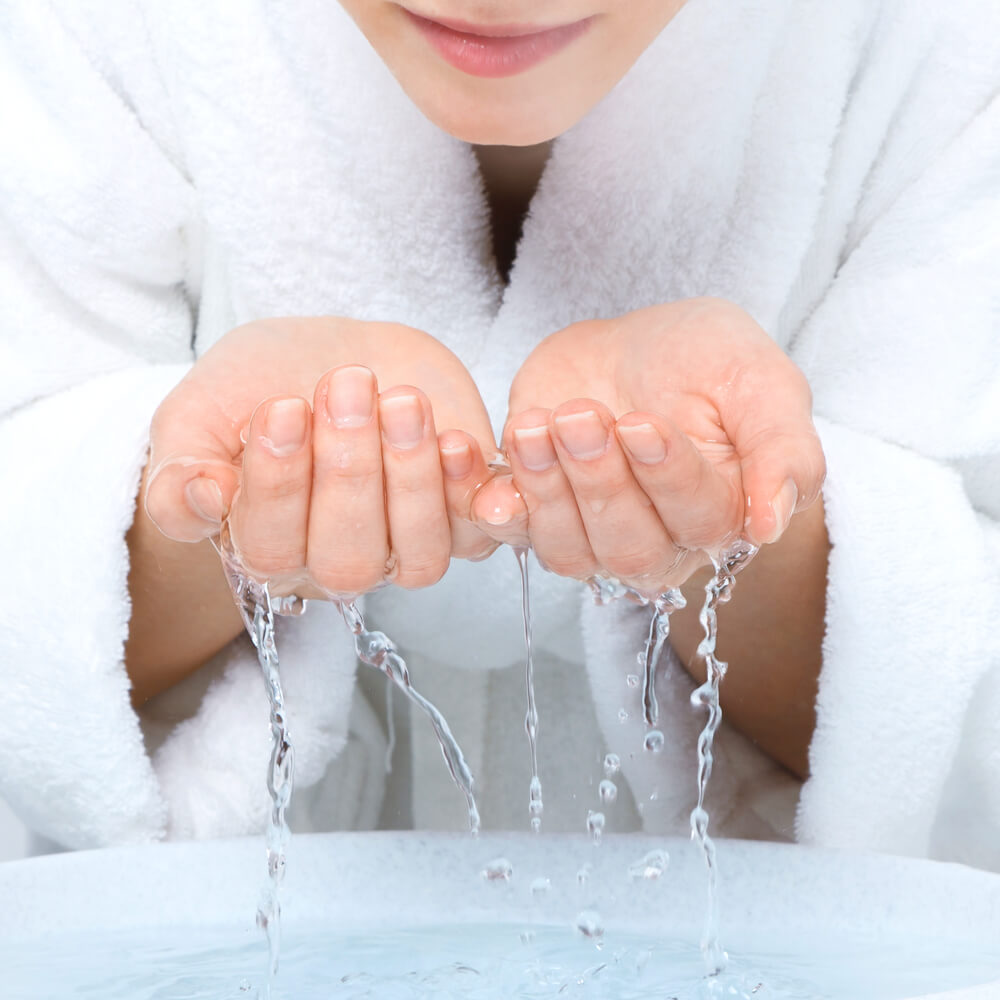Hard water is one of those terms we’ve all heard, but most of us don’t really know what it is, or why it could be such a problem. After all, our water is treated and safe, so how big of a problem could it really be?
While the term sounds like what comes out of an ice tray, according to Realtor it actually refers to water with a high concentration of dissolved minerals. And while it isn’t a risk to your health (you can drink hard water, shower in it, and generally live your life without any medical side effects), it can cause a lot of problems in your home. Problems like…
#1: Taste
Just because hard water isn’t going to make you sick, that doesn’t mean that drinking it is a pleasant, refreshing experience. From a harsh, metallic taste of too much iron in your water, to a weird smell caused by naturally-occurring sulfur, hard water can be unpleasant to deal with. More than that, it can be embarrassing when you have to explain to your company that no, really, you just have hard water. It’s perfectly safe.
#2: Stains
If your whites come out of the wash with red streaks in them, or if you notice the toilet bowl’s porcelain is dark and stained, then hard water just might be the culprit in these situations, as well. Particularly hard water with a lot of iron in it. These stains can be murder to clean, and they will require constant attention if you want to keep your home, fixtures, and clothes from picking up unsightly discolorations. And all that extra work can turn routine tasks into things that will take hours, or longer, if you need water to do them.
#3: Soap Scum
No one likes scrubbing down the shower, but if you find yourself doing that more often than you’d expect, it might be because you have too much calcium in your water. When the water is left to evaporate after you’re done washing up, it leaves behind the calcium, which quickly turns into unsightly white patches all along your shower walls and floor. Or, if you have iron, you might end up with red streaks. If you have both, well, that can make your shower look like something out of a horror movie if it isn’t handled properly.
#4: Lowered Efficiency
Your water heater is one of the biggest expenses in your home, and if you have hard water then you might be paying even more for it than other people would. Having a high mineral content in your water means the heater has to work harder, using more energy, and increasing your monthly bill just so you can have hot water for your showers, your dishwasher, and all your other necessities.
#5: Pipe Damage
Another major problem with hard water is that it can be rough on your pipes. Long-term exposure to all those minerals can lead to corrosion, which will make the problem that much worse. This is particularly true if your water pipes are made from metal, rather than materials like PVC or ceramic piping.

What Can You Do About It?
If you have hard water, then you only have two real choices. The first is to simply deal with all the minerals that can take everyday molehills and turn them into mountains. The other is to use the proper water softener, which can reduce the minerals you’re dealing with, and prevent a lot of these problems from ever manifesting in the first place.
If you have questions about which water softener is right for you, or where you should go from here, simply contact us today!





